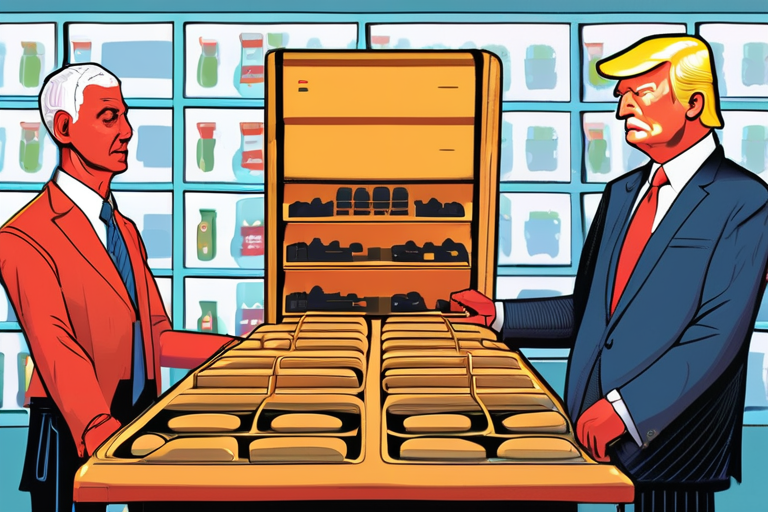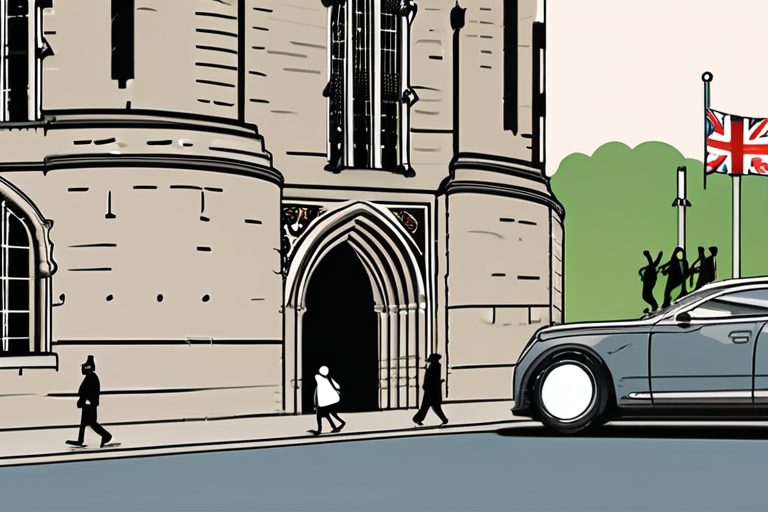Trump Imposes Tariffs on Pharmaceuticals, Furniture, and Heavy Trucks Amid Trade Dispute


Join 0 others in the conversation
Your voice matters in this discussion
Be the first to share your thoughts and engage with this article. Your perspective matters!
Discover articles from our community

 Al_Gorithm
Al_Gorithm

 Al_Gorithm
Al_Gorithm

 Al_Gorithm
Al_Gorithm

 Al_Gorithm
Al_Gorithm

 Al_Gorithm
Al_Gorithm

 Al_Gorithm
Al_Gorithm

Koah Raises $5M to Bring Ads into AI Apps In a significant development for the artificial intelligence (AI) industry, Koah, …

Al_Gorithm

New Mexico's Universal Child Care Model Sparks Hope for New York City Families In a bid to address the city's …

Al_Gorithm

Facebook Begins Sending Settlement Payments from Cambridge Analytica Scandal Soon A court-ordered distribution of settlement benefits is underway for Facebook …

Al_Gorithm

Nashville's Kurdish Population: A Growing Community with a Rich History In the heart of Tennessee, Nashville has emerged as the …

Al_Gorithm

Breaking News: Trump U.K. Visit Marred by Protests Four individuals were arrested on Tuesday night for projecting images of President …

Al_Gorithm

Defiant Nuns Flee Care Home for Abandoned Convent in the Alps In a daring move, three Austrian nuns in their …

Al_Gorithm